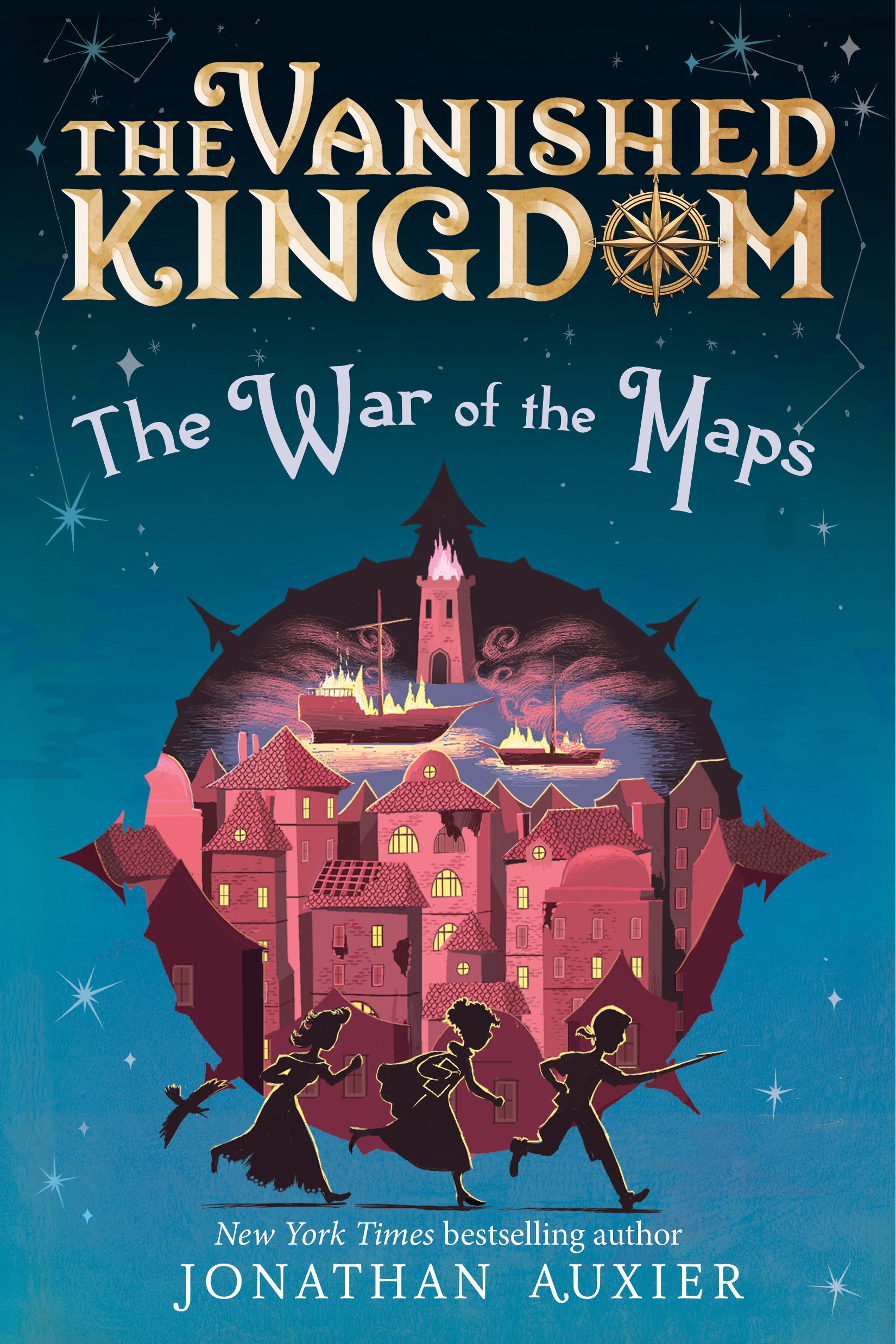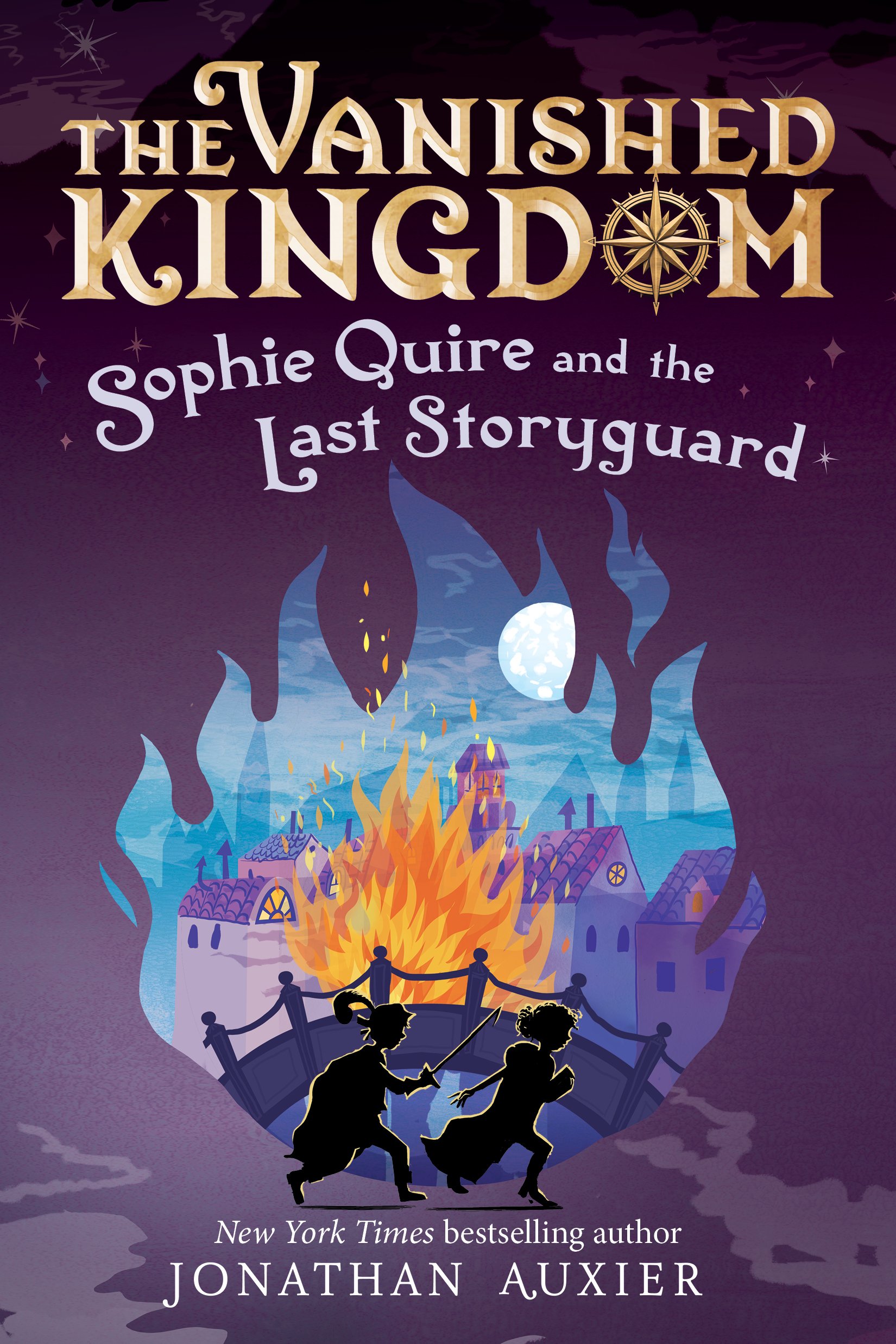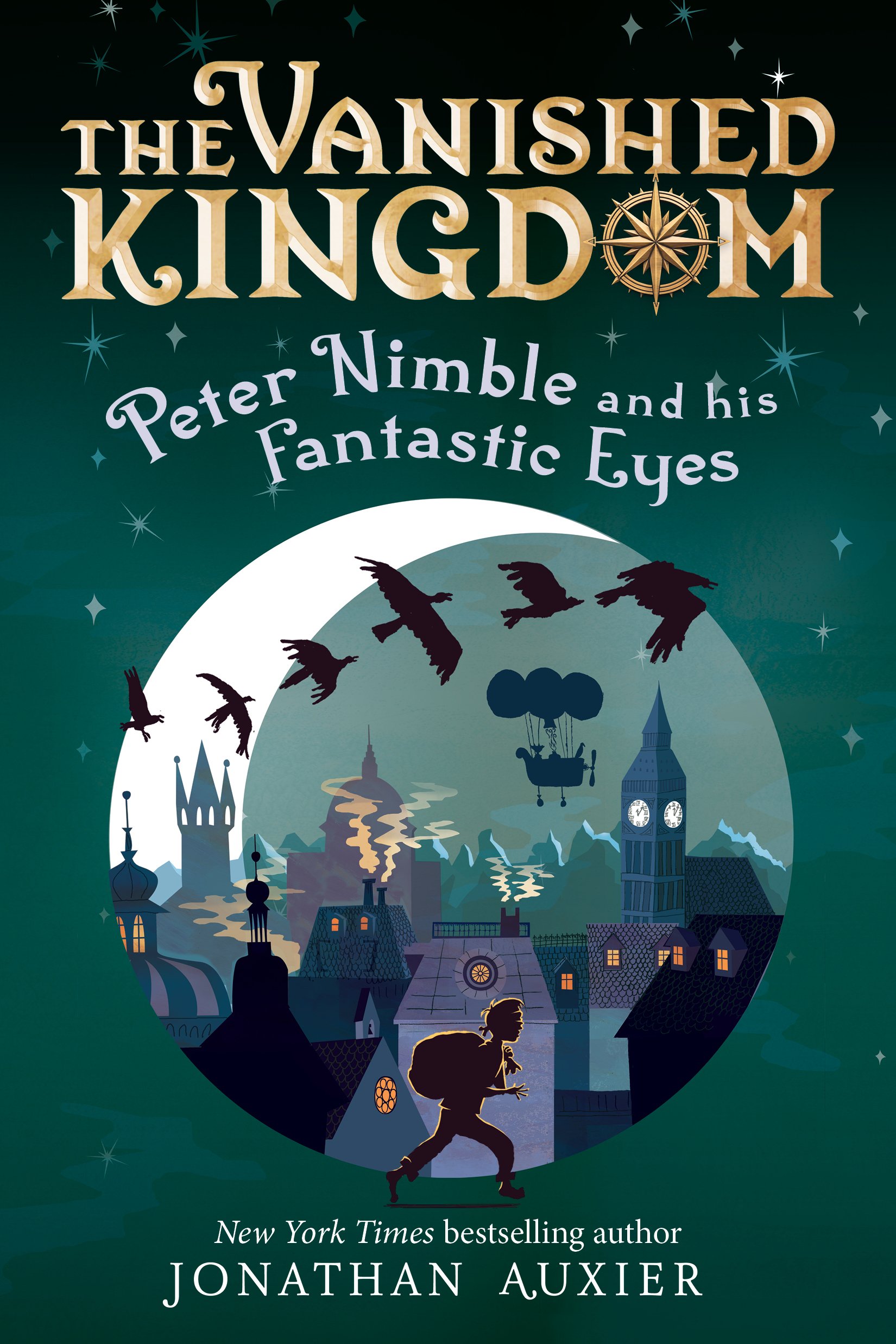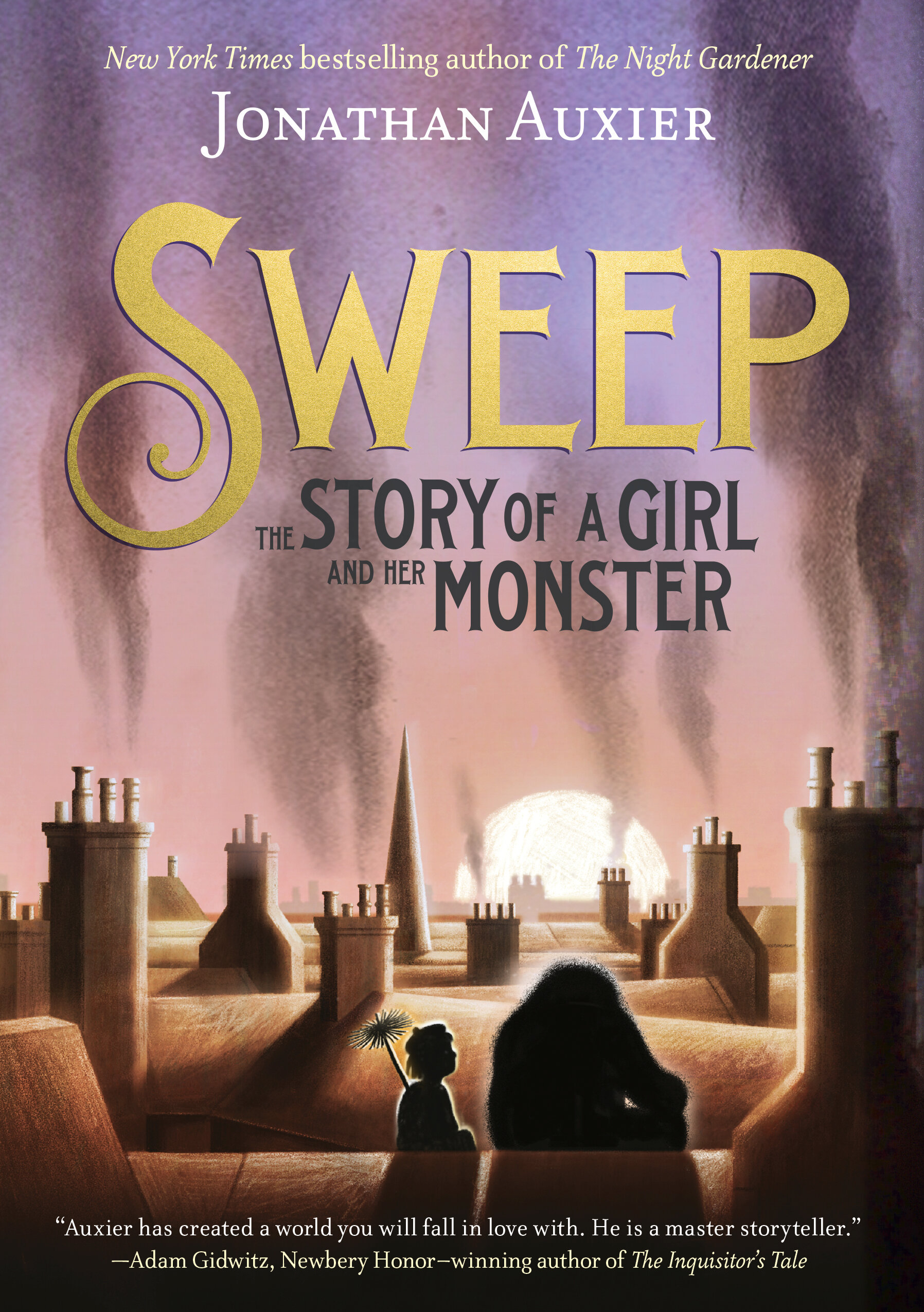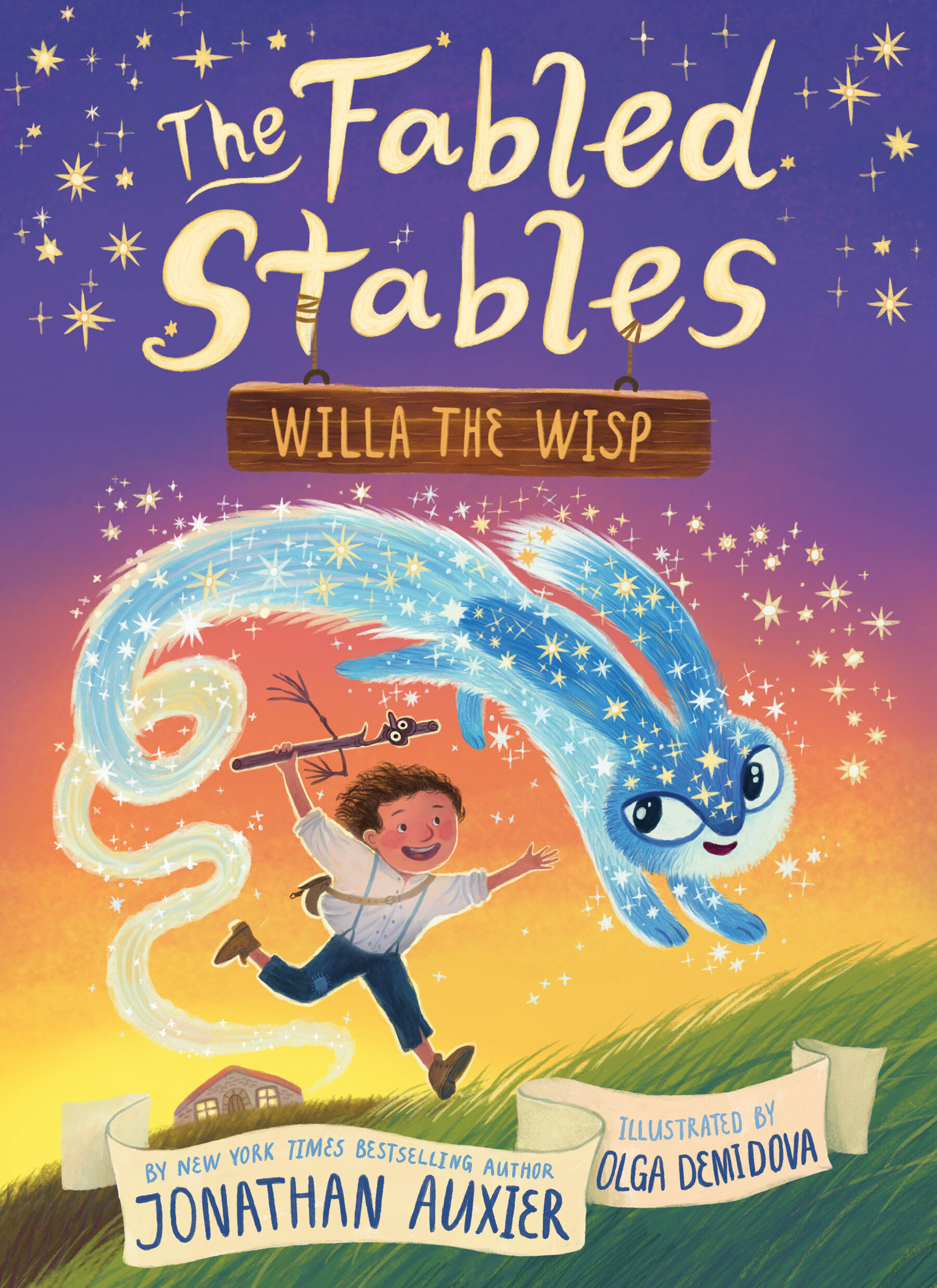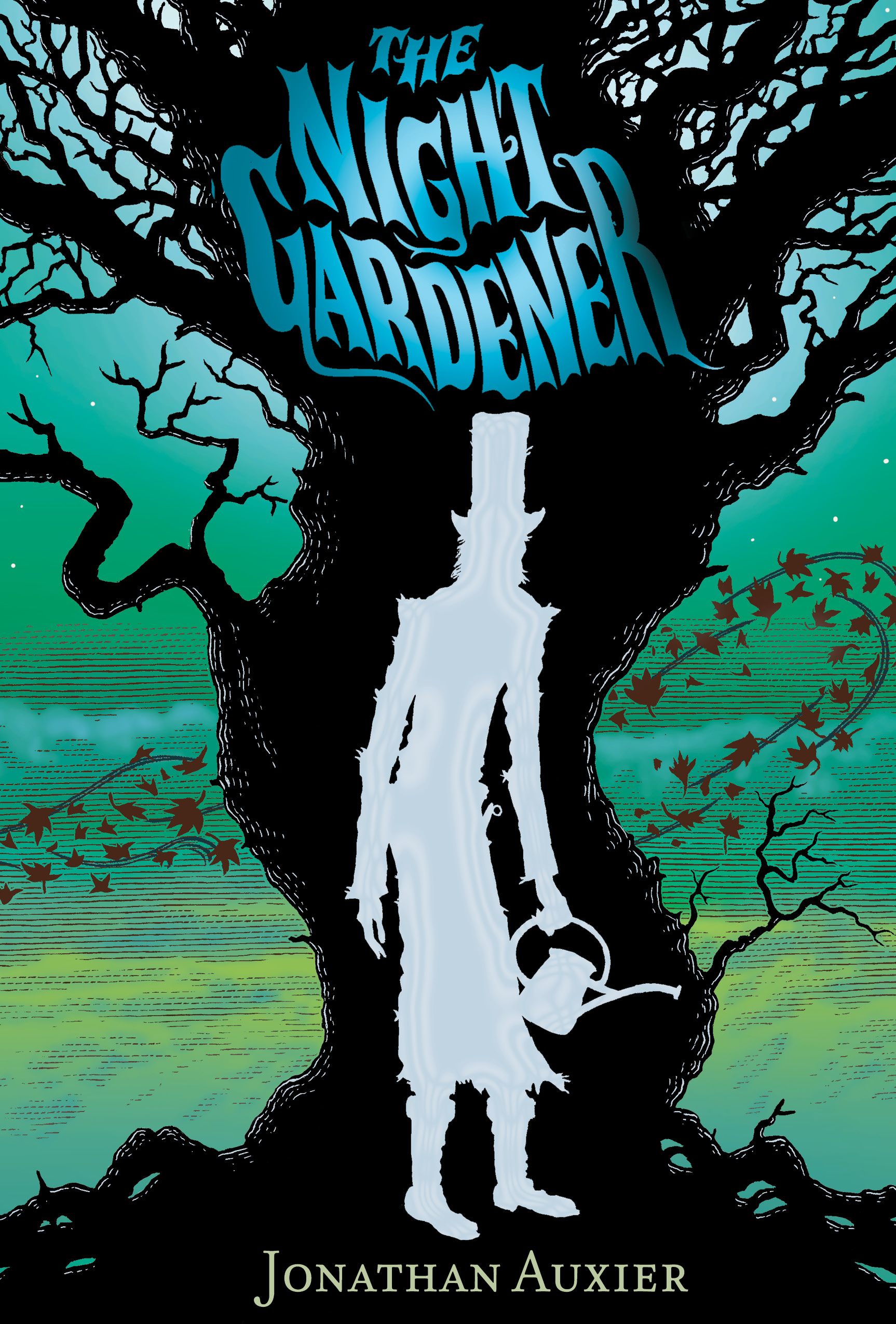Why Orphans? Revisiting David and Goliath
/ This week I found myself briefly stranded without a book, and so I to re-read Malcolm Gladwell's David and Goliath. The book was published in 2013 to largely negative reviews. Reviewers seemed to have tired of his charmingly counterintuitive self-help busines-speak. Many rightly criticized the book for feeling disjointed ... what begins as a motivational talk about entrepreneurs overcoming dyslexia soon migrates to much heavier topics, including child leukemia, civil rights, religious war in Northern Ireland, child abduction/murder, and even the Holocaust. The overall response from readers seemed to be that Gladwell was getting too lofty: better to stick with what you know.
Reading the book in 2017, however, I had a different reaction: the weakness of David and Goliath isn't the heavy stuff, it's the fluff at the beginning. (I would include the title among the fluff.) In 2017, the second half of the book is chilling. Nearly every example has profound resonance with the current state of the world. And it seems to go a long way toward explaining why many of the conflicts we find ourselves in are simply unwinnable. It is also a more personal book; Gladwell experienced a sort of personal religious conversion while writing it. Reading it this week, I was struck by how much more human and vulnerable the stories were. The question that rang through the final chapters was, for me, clear: Would you be willing to suffer the way these people have suffered?
This week I found myself briefly stranded without a book, and so I to re-read Malcolm Gladwell's David and Goliath. The book was published in 2013 to largely negative reviews. Reviewers seemed to have tired of his charmingly counterintuitive self-help busines-speak. Many rightly criticized the book for feeling disjointed ... what begins as a motivational talk about entrepreneurs overcoming dyslexia soon migrates to much heavier topics, including child leukemia, civil rights, religious war in Northern Ireland, child abduction/murder, and even the Holocaust. The overall response from readers seemed to be that Gladwell was getting too lofty: better to stick with what you know.
Reading the book in 2017, however, I had a different reaction: the weakness of David and Goliath isn't the heavy stuff, it's the fluff at the beginning. (I would include the title among the fluff.) In 2017, the second half of the book is chilling. Nearly every example has profound resonance with the current state of the world. And it seems to go a long way toward explaining why many of the conflicts we find ourselves in are simply unwinnable. It is also a more personal book; Gladwell experienced a sort of personal religious conversion while writing it. Reading it this week, I was struck by how much more human and vulnerable the stories were. The question that rang through the final chapters was, for me, clear: Would you be willing to suffer the way these people have suffered?
Unlike Gladwell's previous books, David and Goliath is unable to offer up a glib "takaway" that readers can apply at their next board meeting. I suspect a message as bleak as this had no real place in the (comparatively) optimistic world of 2013. But in 2017 the book feels almost therapeutic. It recognizes that there's no easy hack to fixing certain kinds of conflicts. Instead it offers a different kind of message: it asserts that suffering creates people able to truly risk themselves in order to do what is right. In a world full of so much wrong, we need people like that. Those are what history will call heroes.
I have a lot of readers ask my why I write about characters with missing or dead parents. My jokey answer is "because then no one can ground them." But the real answer is much more complicated. It has to do with how extreme loss conditions a person--preparing them to endure extreme pain in the future. My characters suffer over the course of their stories, and to me it seems more cruel to put an unscarred and unprepared person into such dire circumstances.
I'm grateful for this book because the next time someone asks the "Why Orphans?" question, I will have a better answer.
UNRELATED: Those who like Gladwell might enjoy his very excellent podcast series, Revisionist History. I especially enjoyed his episodes about the evolution of Leonard Cohen's "Hallelujah" and his exploration of Generous Orthodoxy.


